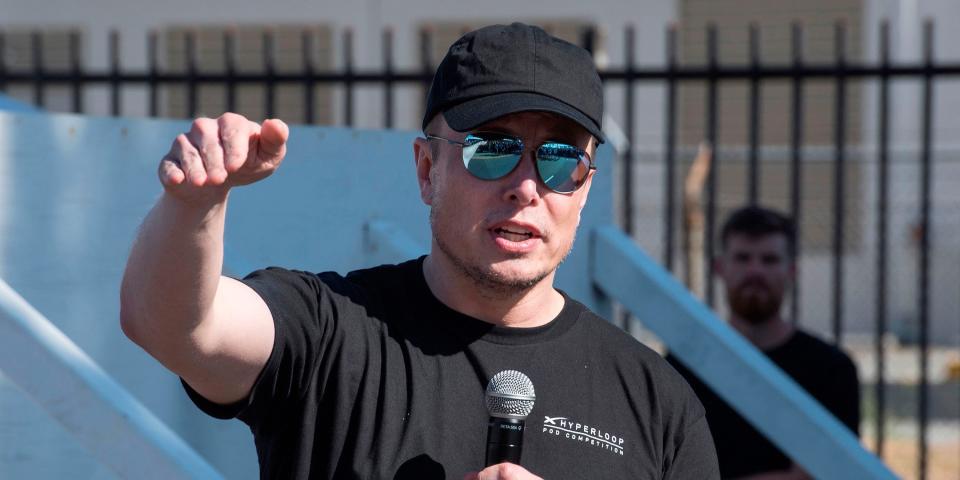Tesla has lost almost all of its gains since the announcement the stock would join the S&P 500 index 2 years ago

The S&P Dow Jones Indices announced November 16, 2020, that Tesla would be added to the S&P 500 index.
Adjusting for stock splits, Tesla's closing price that day was $136.03. Shares are now hovering around $138.
Tesla stock officially joined the S&P 500 on December 21, 2020.
Tesla stock has lost just about all of its gains since the announcement in November 2020 that it would join the S&P 500.
S&P Dow Jones Indices formally announced after the close on November 16, 2020, that Elon Musk's company would be added to the key index. The closing price that day was $136.03, adjusted for stock splits.
Currently, shares are hovering around $138.
The November announcement sparked a massive stock rally leading up to Tesla's official addition to the S&P 500 exactly two years ago on December 21, 2020, which then set off another big gain.
But Tesla stock's round trip since then puts Michael Burry's warning from more than two years ago into renewed focus.
The famed investor depicted in "The Big Short" declared Tesla was overvalued and in a bubble and has warned on several occasions it would endure a devastating crash. In February 2021, he forecasted that the EV-maker would see a 90% plunge, and made bearish bets against the stock.
In 2020, Tesla soared more than 700% on the back of near-zero interest rates and pandemic-era fiscal stimulus that sparked a boom in retail trading.
But since the company's peak valuation in November 2021 of roughly $1.2 trillion, it has fallen to below $440 billion, and shares have tumbled roughly 67%.
Elon Musk has chalked up the stock crash to the Federal Reserve's aggressive interest rate hikes, and investors opting to hold cash instead of stocks.
—Elon Musk (@elonmusk) December 16, 2022
Yet, analysts have warned that Musk's involvement with Twitter has damaged Tesla's brand, and that the car company's valuation could slide further unless the exec returns his focus to Tesla.
Investors, too, have voiced their desire for Musk to leave the social media platform behind, and his weekend Twitter poll signaled a "vote of no confidence" from shareholders, one investor said.
Last week, Musk sold $3.6 billion worth of Tesla shares, adding to the perception that he's funding his Twitter antics using Tesla as a personal ATM.
Read the original article on Business Insider

 Yahoo Autos
Yahoo Autos 